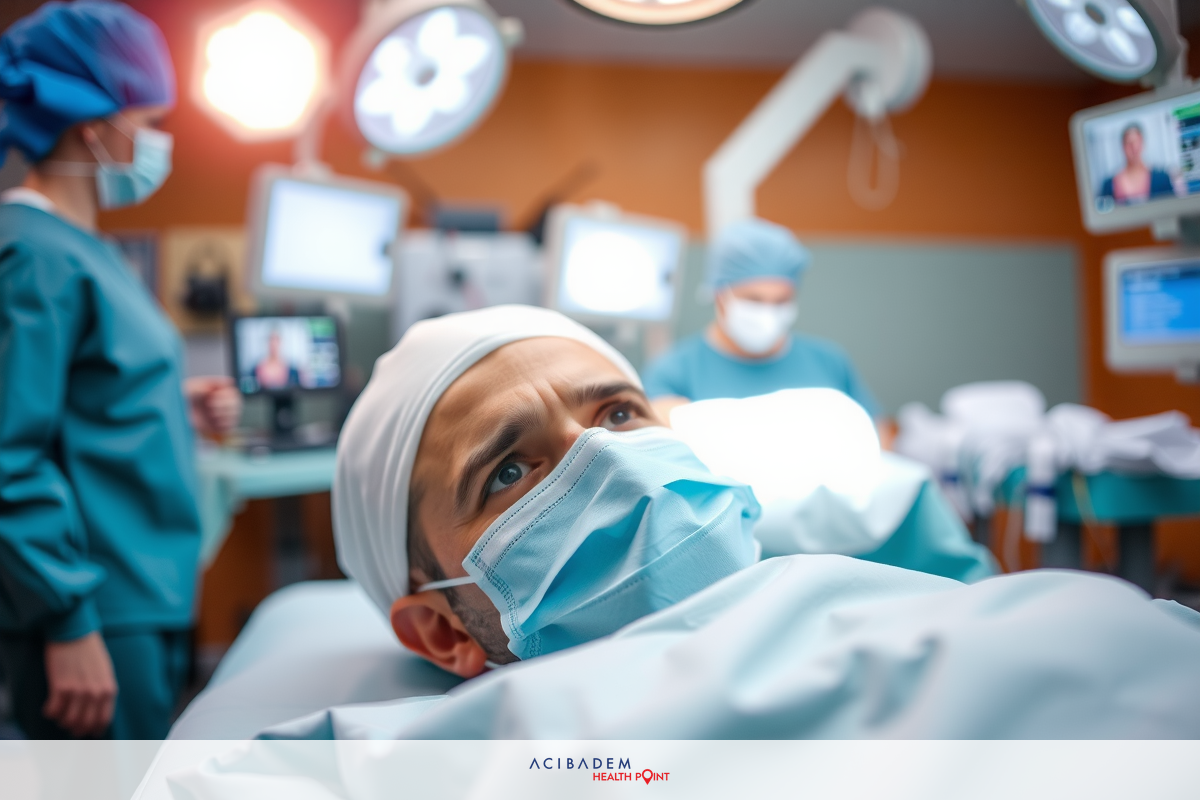Can You Have a Nose Piercing During Surgery?
Can You Have a Nose Piercing During Surgery? Body piercings, particularly nose piercings, have become an increasingly popular form of self-expression. Many individuals with nose piercings might find themselves questioning what to do with their piercings during surgical procedures. It’s a common concern and it’s important to understand the implications that may come with keeping a nose piercing in during surgery.
Surgery often demands strict protocols to minimize risk and ensure patient safety. Every surgical procedure carries some level of risk, but certain factors can increase these risks. One such factor could be the presence of body jewelry, including nose piercings. This article aims to shed light on the compatibility of nose piercings and surgery, as well as the safety considerations one should keep in mind.
Compatibility of Nose Piercing and Surgery
Nose piercings can pose certain challenges in the surgical setting due to their location and the materials used in the jewelry. Metals such as stainless steel, titanium, and gold used in nose jewelry can potentially interfere with medical equipment during surgery. This is particularly a concern during procedures that involve the use of electrical currents, such as cauterization. The metal in nose piercing can potentially conduct this electricity, causing burns or other injuries.
Moreover, any foreign body, including nose piercings, present during surgery can increase the risk of infection. Despite aseptic techniques and sterile environments, there remains a risk of bacteria migration from the piercing site into the surgical wound. This could lead to complications such as wound infections or sepsis, which are serious conditions that require immediate treatment. Thus, removal of nose piercings prior to surgery is generally recommended to minimize these risks.
However, not all surgeries require the removal of nose piercings. It largely depends on the type of surgery being performed. For surgeries that do not involve the face or head area, keeping a nose piercing might be permissible under certain circumstances. If it’s a non-metal material or a plastic retainer is substituted for the metal jewelry, it might not interfere with surgical equipment or pose an increased risk of infection. Communication with the surgical team about any nose piercings is crucial to ensure patient safety and surgical success.

Safety Considerations
When it comes to safety considerations regarding nose piercings and surgery, the primary concern is minimizing any potential risk of complications. One of the main issues is that nose jewelry can become a foreign body in the surgical field, which could pose a threat to patient safety. This concern extends beyond just the surgery itself, as the presence of a foreign body could also potentially compromise post-surgical recovery by providing a harbor for bacteria and increasing the likelihood of infection.
In order to address this risk, it is generally recommended to remove all forms of body jewelry prior to surgery. If removal is not possible or practical, alternatives such as plastic retainers can be used to minimize risks associated with metal jewelry. This approach reduces potential interference with medical equipment and diminishes the chances of infection. However, each individual case should be assessed on its own merits, taking into account factors such as the type of surgery, the individual’s health status, and the location and type of piercing.
Another important safety consideration is communication. Patients should be encouraged to disclose all piercings to their healthcare team prior to surgery. This allows for appropriate planning and preparation, ensuring that all necessary precautions are taken. In turn, healthcare professionals should provide clear
instructions and advice regarding pre-operative care of piercings, including cleaning protocols and when and how to remove or replace jewelry. Ultimately, the goal is to ensure that patient safety is always prioritized over aesthetic considerations in the surgical setting.
Frequently Asked Questions
Can I keep my nose piercing in during surgery?
In most cases, it is recommended to remove your nose piercing prior to surgery. This is to minimize the risk of interference with medical equipment and reduce the chances of infection. However, there may be certain situations where keeping the piercing in could be permissible, such as if it is made of non-metal material or if a plastic retainer is used instead of metal jewelry. It is essential to communicate with your surgical team and follow their guidance regarding your specific case.
Will removing my nose piercing cause it to close up?
Nose piercings can close relatively quickly, especially if they are new or have not fully healed. However, this can vary from person to person. If you are concerned about your piercing closing up, consult with your piercer or a healthcare professional for guidance on how long you can safely remove the jewelry without risking closure.
How soon after surgery can I put my nose piercing back in?
The timeframe for reinserting your nose piercing after surgery will depend on various factors, including the type of surgery performed and the healing process of your surgical incisions. It is crucial to consult with your surgeon or healthcare provider for specific instructions on when it is safe to reinsert your nose piercing without compromising your recovery.
What should I do if I cannot remove my nose piercing before surgery?
If it is not possible to remove your nose piercing prior to surgery, inform your surgical team as soon as possible. They will provide guidance on alternative options, such as using a plastic retainer or covering the piercing with a sterile dressing to reduce the risk of interference and infection.
Are there any risks associated with keeping a nose piercing in during surgery?
Yes, there are potential risks associated with keeping a nose piercing in during surgery. These risks include interference with medical equipment, which could lead to burns or other injuries, as well as an increased risk of infection due to the presence of a foreign body. It is generally recommended to remove nose piercings before surgery to minimize these risks, but each case should be evaluated individually based on the specific circumstances and guidance of your surgical team.











